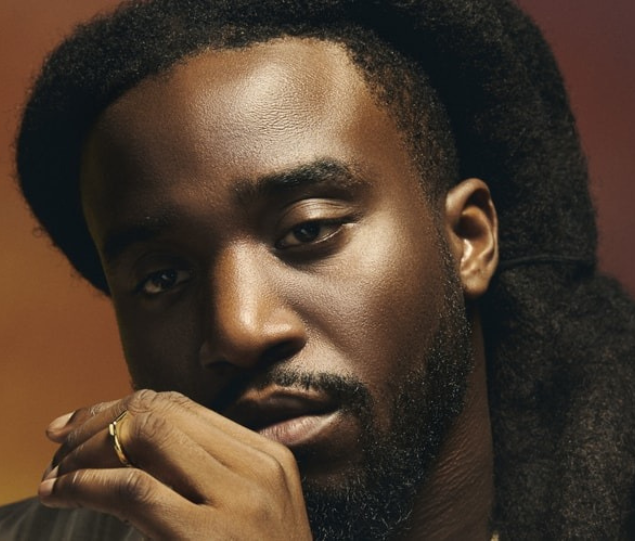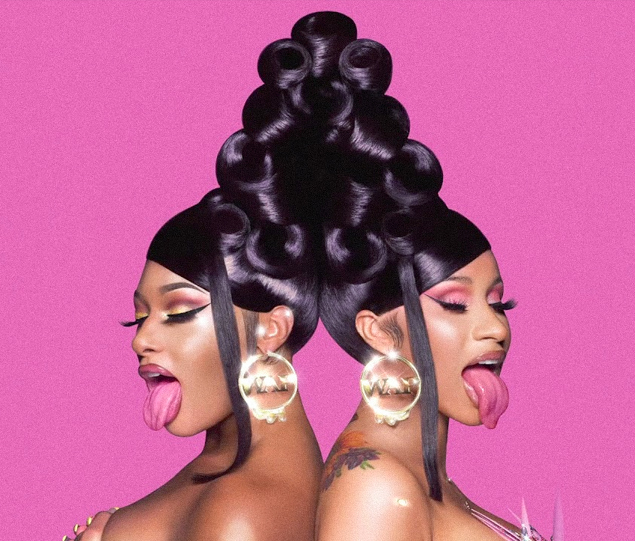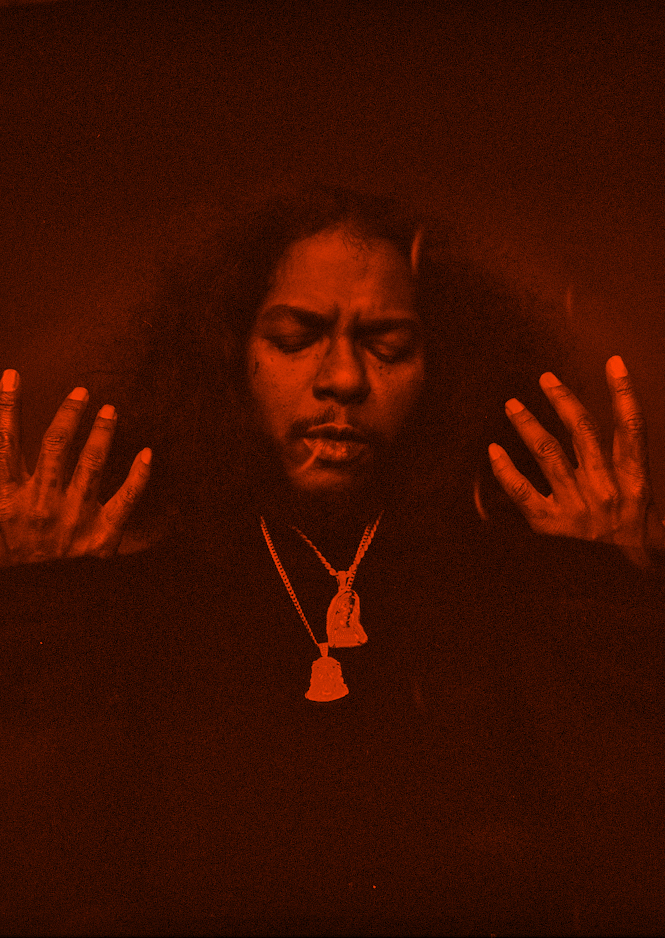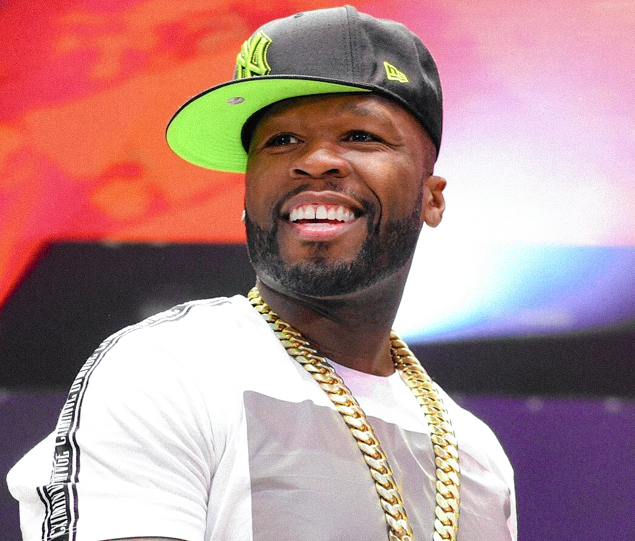
Shaboozey Acknowledges The Role of Black People in Country
In a subtle and seismic moment, Shaboozey used his time on the American Music Awards stage to shine a light on the often-overlooked matter. The singer spoke about the black roots of country music. Thus, it made a gesture that felt more like a quiet revolution than a passing remark.
On May 26, during the 2025 AMAs at the Fontainebleau Las Vegas, the music genius best known for his breakout hit “A Bar Song (Tipsy).” He was joined by a fellow country singer, Megan Moroney, to present the award for Favorite Country Duo or Group. As the two read their lines from the teleprompter, it was clear one sentence struck a particular chord.
“Country music has been an important part of AMA history,” Shaboozey, 30, began. “The very first year of this show, the award for Favorite Male Country Artist went to the great Charley Pride.” Pride, a trailblazer who broke racial barriers in the genre, was honored posthumously with the reference. But what followed was a line read by Moroney crediting the Carter Family with “basically inventing country music.” She earned a visible side-eye and a knowing laugh from Shaboozey.

Shaboozey and AMA
Thus, that split-second reaction quickly lit up social media, with fans and critics dissecting the moment. Was it shade? Commentary? A correction? The answer came the next day via Shaboozey himself, who posted on X.
“When you uncover the true history of country music, you find a story so powerful that it cannot be erased… The real history of country music is about people coming together despite their differences and embracing and celebrating the things that make us alike.”
The Carter Family is widely considered foundational to the development of country music. They have been credited with shaping the genre’s harmonies and popularizing enduring standards. Thus, their sound was deeply informed by the influence of Lesley Riddle, a Black guitarist who traveled with A.P. Carter. Riddle’s contributions were instrumental, but like many Black architects of American music, his name is rarely spoken in the same breath.
Shaboozey and Country Music
And Riddle is far from alone. Hank Williams learned the blues from Rufus “Tee Tot” Payne, a Black street musician. Johnny Cash drew early inspiration from Gus Cannon, a Black multi-instrumentalist whose work bridged folk, blues, and gospel. DeFord Bailey, a virtuoso harmonica player, was the first artist to perform on the Grand Ole Opry. Thus, he was also the first Black star to grace its stage.
Yet despite these deep roots, Black artists were systematically sidelined from country music. As TIME has noted, the genre is “indebted to African and African-American traditions.”
Black People’s Influence in Country Music
That erasure has been slowly unraveling in recent years, thanks to a new generation of artists and listeners. Beyoncé’s COWBOY CARTER, which won Album of the Year and Best Country Album at the 2025 Grammys, was another watershed moment. The album, a genre-bending homage to the country’s hidden lineage, featured Linda Martell and served as both tribute and disruption.
“I hope we just keep pushing forward,” Beyoncé said during her acceptance speech, and artists like Shaboozey are doing just that: moving forward while reaching back to honor the legacy that brought them here.
By simply pausing to acknowledge the Black history embedded in country music’s foundation, Shaboozey offered more than a moment of levity — he offered a moment of reckoning. And for a genre still reckoning with its identity, that matters.



